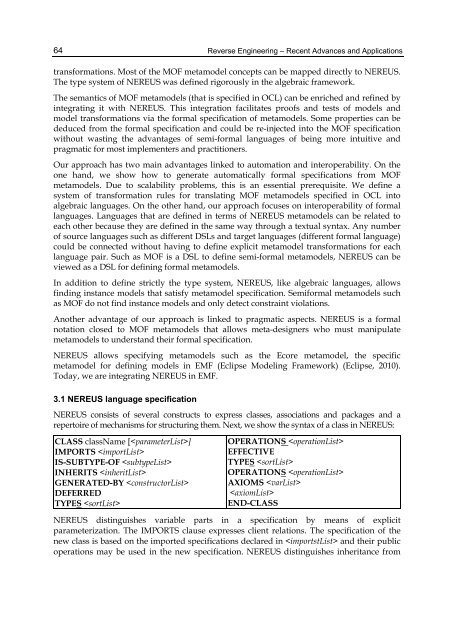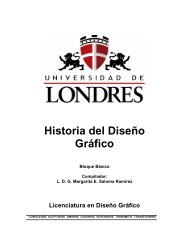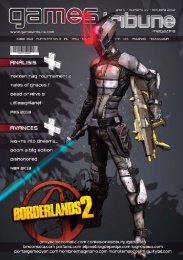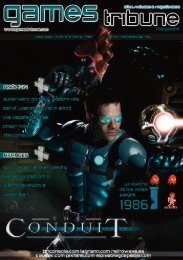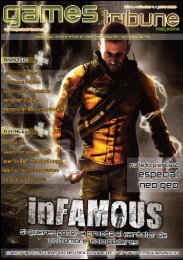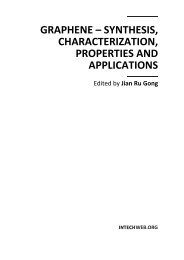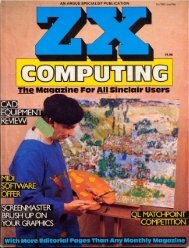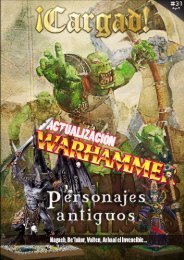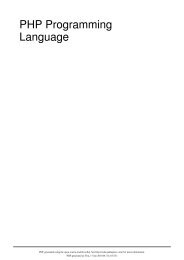reverse engineering – recent advances and applications - OpenLibra
reverse engineering – recent advances and applications - OpenLibra
reverse engineering – recent advances and applications - OpenLibra
You also want an ePaper? Increase the reach of your titles
YUMPU automatically turns print PDFs into web optimized ePapers that Google loves.
64<br />
Reverse Engineering <strong>–</strong> Recent Advances <strong>and</strong> Applications<br />
transformations. Most of the MOF metamodel concepts can be mapped directly to NEREUS.<br />
The type system of NEREUS was defined rigorously in the algebraic framework.<br />
The semantics of MOF metamodels (that is specified in OCL) can be enriched <strong>and</strong> refined by<br />
integrating it with NEREUS. This integration facilitates proofs <strong>and</strong> tests of models <strong>and</strong><br />
model transformations via the formal specification of metamodels. Some properties can be<br />
deduced from the formal specification <strong>and</strong> could be re-injected into the MOF specification<br />
without wasting the advantages of semi-formal languages of being more intuitive <strong>and</strong><br />
pragmatic for most implementers <strong>and</strong> practitioners.<br />
Our approach has two main advantages linked to automation <strong>and</strong> interoperability. On the<br />
one h<strong>and</strong>, we show how to generate automatically formal specifications from MOF<br />
metamodels. Due to scalability problems, this is an essential prerequisite. We define a<br />
system of transformation rules for translating MOF metamodels specified in OCL into<br />
algebraic languages. On the other h<strong>and</strong>, our approach focuses on interoperability of formal<br />
languages. Languages that are defined in terms of NEREUS metamodels can be related to<br />
each other because they are defined in the same way through a textual syntax. Any number<br />
of source languages such as different DSLs <strong>and</strong> target languages (different formal language)<br />
could be connected without having to define explicit metamodel transformations for each<br />
language pair. Such as MOF is a DSL to define semi-formal metamodels, NEREUS can be<br />
viewed as a DSL for defining formal metamodels.<br />
In addition to define strictly the type system, NEREUS, like algebraic languages, allows<br />
finding instance models that satisfy metamodel specification. Semiformal metamodels such<br />
as MOF do not find instance models <strong>and</strong> only detect constraint violations.<br />
Another advantage of our approach is linked to pragmatic aspects. NEREUS is a formal<br />
notation closed to MOF metamodels that allows meta-designers who must manipulate<br />
metamodels to underst<strong>and</strong> their formal specification.<br />
NEREUS allows specifying metamodels such as the Ecore metamodel, the specific<br />
metamodel for defining models in EMF (Eclipse Modeling Framework) (Eclipse, 2010).<br />
Today, we are integrating NEREUS in EMF.<br />
3.1 NEREUS language specification<br />
NEREUS consists of several constructs to express classes, associations <strong>and</strong> packages <strong>and</strong> a<br />
repertoire of mechanisms for structuring them. Next, we show the syntax of a class in NEREUS:<br />
CLASS className []<br />
IMPORTS <br />
IS-SUBTYPE-OF <br />
INHERITS <br />
GENERATED-BY <br />
DEFERRED<br />
TYPES <br />
OPERATIONS <br />
EFFECTIVE<br />
TYPES <br />
OPERATIONS <br />
AXIOMS <br />
<br />
END-CLASS<br />
NEREUS distinguishes variable parts in a specification by means of explicit<br />
parameterization. The IMPORTS clause expresses client relations. The specification of the<br />
new class is based on the imported specifications declared in <strong>and</strong> their public<br />
operations may be used in the new specification. NEREUS distinguishes inheritance from


